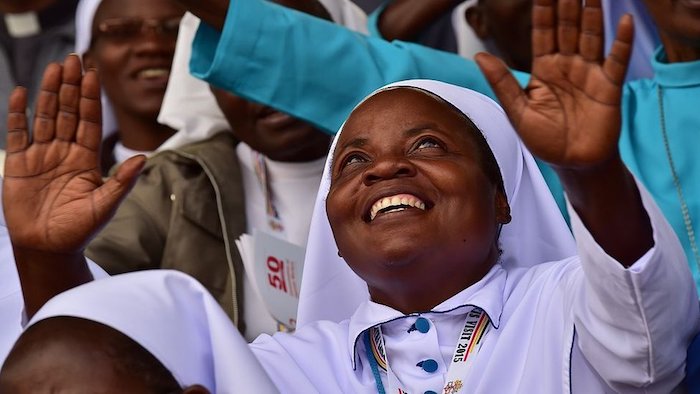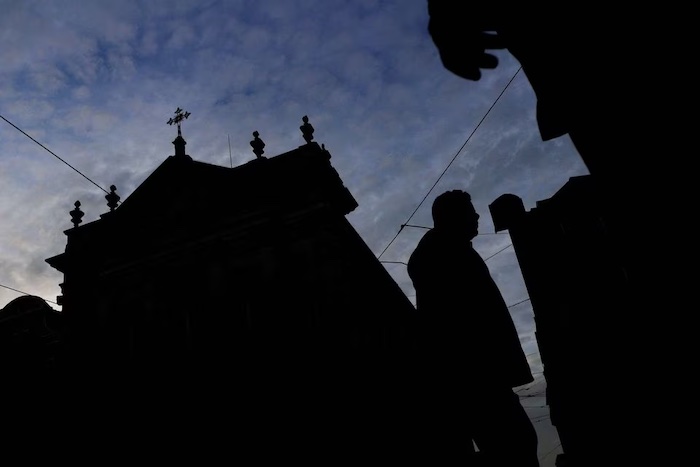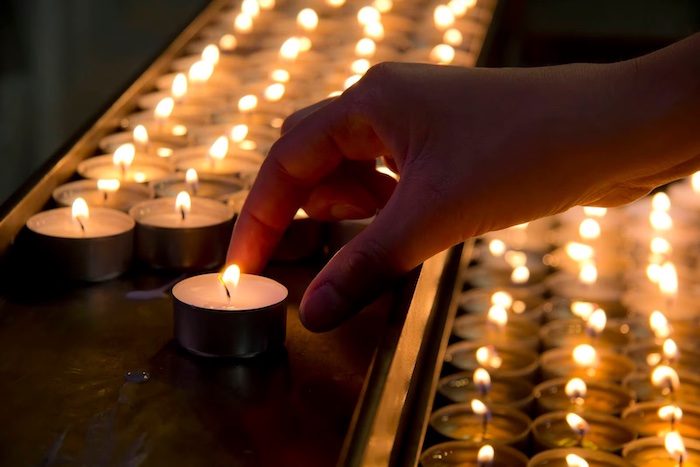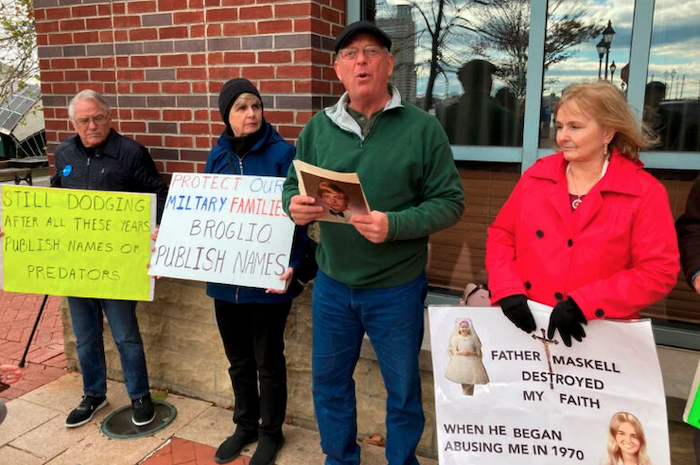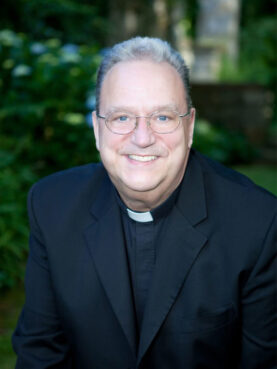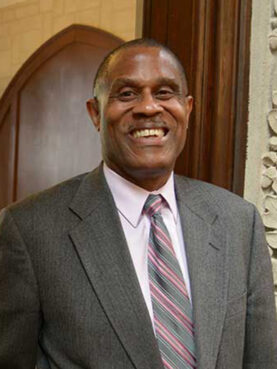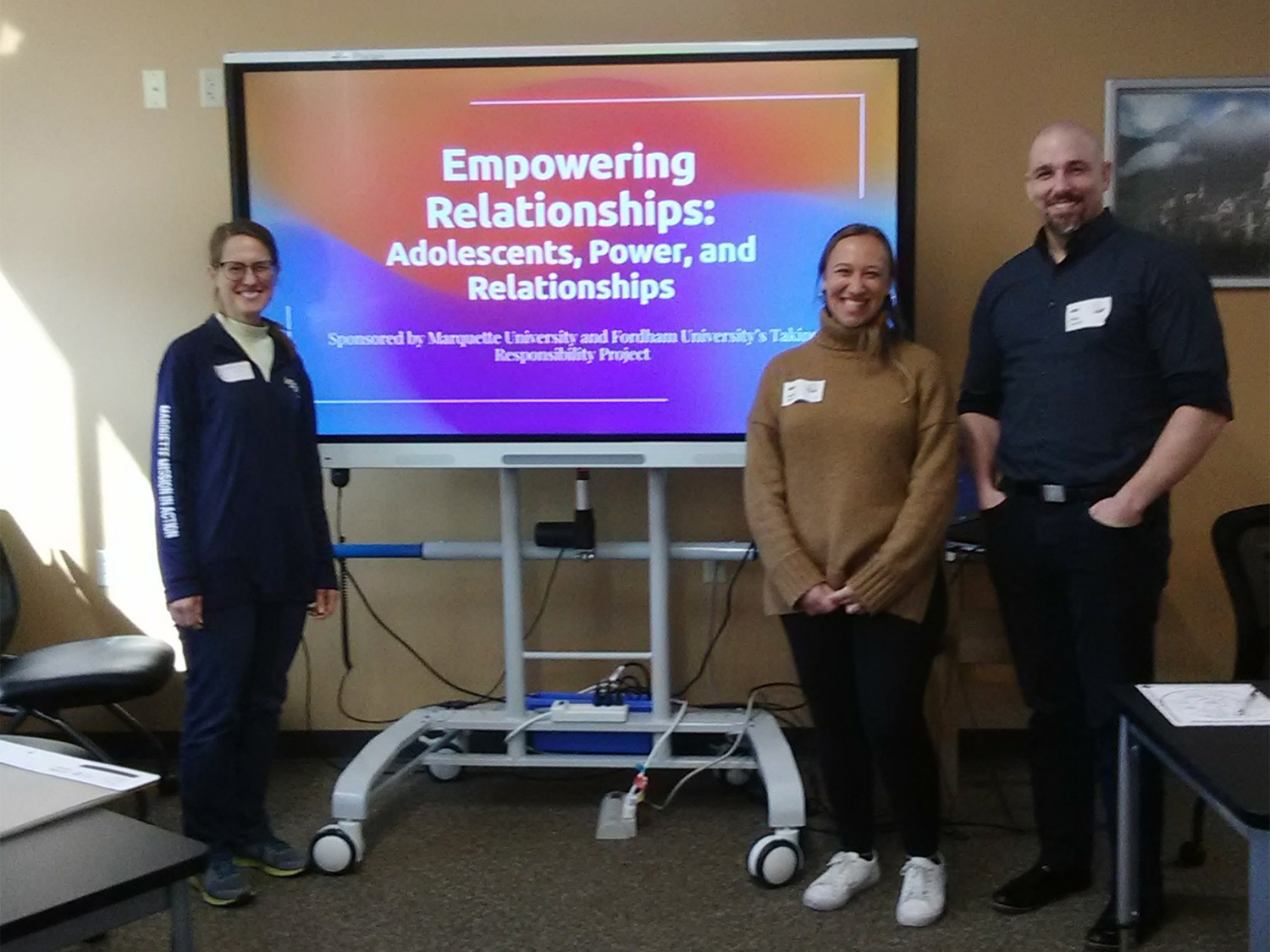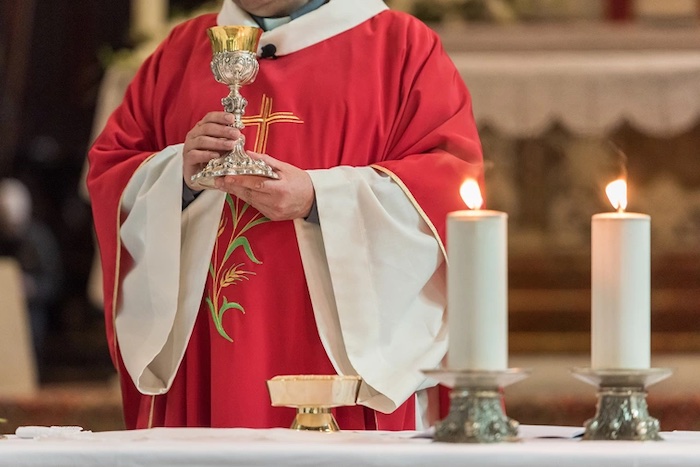
Priests and others within the Portuguese Catholic Church sexually abused more than 4,000 children over the past 70 years, and more than 100 priests suspected of child sexual abuse are still active in church roles, investigators estimate.
An investigation report published this month by the Independent Commission for the Study of Child Sexual Abuse in the Portuguese Catholic Church found that priests and others have likely sexually abused 4,812 children within the church since 1950.
Through an online survey, investigators validated 512 victim witness statements and “estimate that the 512 victims knew of or were in contact with close to 4,300 other victims.”
“[T]he vast majority of cases took place on more than one occasion against the same child, to many thousands of instances of abuse,” the report states.
In a statement, Bishop Josè Ornelas apologized for the church’s failure to grasp the extent of the problem, promising more transparency in the future.
“We have heard things that we cannot ignore. It is a dramatic situation that we are living,” he said, adding that child sex abuse is a “heinous crime.”
The commission, founded by child psychiatrist Pedro Strecht, began its investigation in January 2022 after Ornelas, president of the Portuguese Episcopal Conference, invited Strecht to form the commission.
“There is an approximate (number of accused priests) and it will clearly be more than 100,” Strecht told SIC television, according to Reuters.
In 96.9% of cases, the abuser was male. The abuser was a priest in 77% of cases.
In 46.7% of cases, the abuser and the victim were acquainted with one another, with the average age of abuse victims being 11.2 years, according to the report.
The investigation found that boys were more likely to be victims than girls, with the former accounting for 57.2% of cases and the latter accounting for 42.2%. In 65.8% of cases, the commission reported no actions were taken to stop the abuser. However, over three-fourths (77%) of the victims never complained to people within the church or organizations. Only 4.3% of victims took their cases to court.
“The data on the incidence of sexual abuse uncovered in the ecclesiastical archives must be seen as the ‘tip of the iceberg,'” the report states. “It was thoroughly demonstrated that an indeterminate number of victims did not report the abuse to the Catholic Church.”
The report found instances of abuse in 129 districts across the country. The highest abuse rates were reported in Lisbon, Porto, Braga, Santarém and Aveiro.
While some incidents of abuse happened outside of the church (such as boy scout meetings), 23% of the incidents happened at a seminary. Other instances occurred at unspecified locations (18.8%), and 14.3% occurred at a confessional. Another 12.9% of abuse cases happened at a rectory, and 6.9% occurred at a religious school.
The type of abuse the victims endured varied, but most of the abuse consisted of “manipulation of the sexual organs, masturbation, oral and anal sex as well as full copulation.”
“In most cases, victims stressed that after the abuse had occurred they were expressly asked or ordered to ‘keep it secret,’ abusers commonly resorting to various forms of blackmail, often by threatening to reveal the child’s behavior to family members or friends,” the report reads. “Contempt and humiliation, making the child feel ridiculous in its always vulnerable relationship with adults, increase victims’ feelings of loneliness and abandonment.”
The commission said victims’ testimonies “bear witness to an emotional atmosphere of terror and to abusers’ regarding their crimes as mere instances of ‘the banality of evil.'”
Many victims said that they and their families considered themselves religious. Because the abuse they experienced was at the hands of church members, the victims reported that they developed a “basic mistrust” that persists to this day. That mistrust has also inspired feelings of protectiveness of their children and grandchildren, according to the report.
“The larger group among these revealed that they cut contact with the Church and partly or entirely ceased to be practicing, although they remain Catholic and express their faith by other means,” the report reads.
“The study shows that the Church lost faithfulness groups as a direct result of child sexual abuse perpetrated by its members. This effect extends to others who, while not having been abused themselves, are in sympathy with the suffering of the victims.”
A second group of victims, the report explains, who said they were able to make a distinction between abusers and the institution itself who remained practicing Catholics. A third group of victims was categorized as those who “cut off all faith and belief and became agnostic or atheist.”
The commission made recommendations, including ongoing training and supervision of church members, ceasing religious practices in closed locations, and providing psychological help for the victims.
The Survivors Network of those Abused by Priests welcomed the report but found it “disturbing” that it didn’t name a single abuser.
“[W]e do believe there is a public interest in the identities of the alleged abusers and the places the abuses allegedly happened,” a statement from SNAP reads.
“The panel is to send to bishops by the end of the month a list of alleged abusers who are still active in the church. This is a good step in theory, but church officials clearly do the bare minimum when it comes to protecting children.”
The commission admits there is fear that abusers still active in the church may “continue to commit the same crimes.”
“[A] list was prepared on the basis of the data collected. Names were submitted to the Public Prosecutor as the work progressed, and a complete list of the names was provided to it on completion,” the report states.
The report comes as previous investigation reports have highlighted sexual abuse problems within Catholic churches in other countries.
In October 2021, an independent commission launched in 2018 found as many as 3,200 pedophiles had worked in the French Catholic Church since the 1950s.
A grand jury report released in 2018 detailed how 301 priests abused more than 1,000 children over the past several decadesinsix dioceses across Pennsylvania.
Pope Francis issued an apostolic letter in 2019 requiring clergy to report abuse, changing an earlier standard that allowed church officials their own discretion on the matter.
Complete Article ↪HERE↩!

